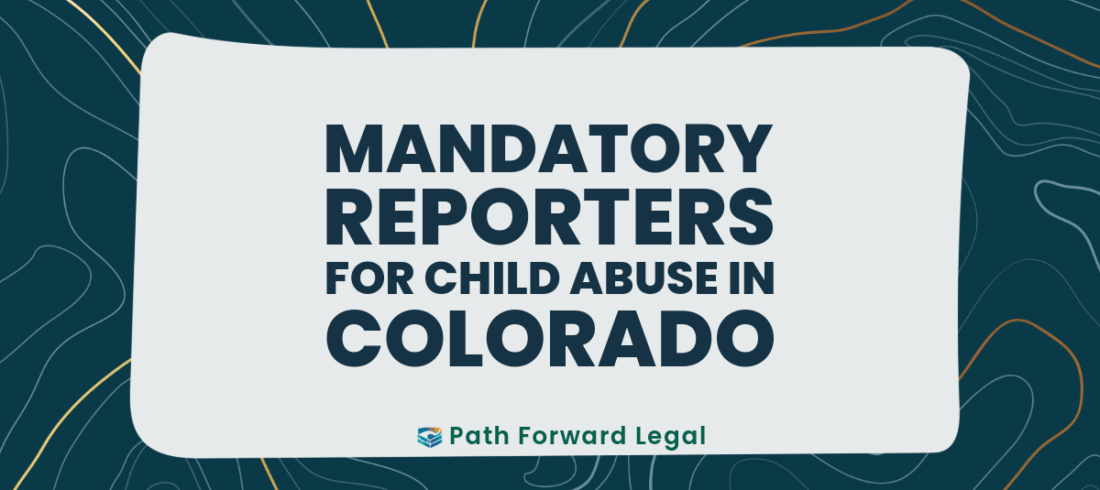Quick answer: In Colorado, jail is for shorter sentences or those awaiting trial (run by counties), while prison is for longer felony sentences (run by the state). The difference impacts your rights, release, and future.
If you’re facing criminal charges, you probably have questions about what happens next and what penalties you could face. One of the most common questions we get is:
“Will I go to prison if I’m convicted?”
For many people, the answer is no—most Colorado charges don’t automatically result in prison time. There are often alternatives. But jail and prison are still major parts of Colorado’s criminal justice system. If you’re worried about “doing time,” it’s important to know the difference.
Jail: Short-Term and Awaiting Trial
Jail is often used while someone is waiting for a bail hearing or can’t afford bail, and for serving short sentences for less serious offenses.
- Who goes to jail?
People waiting for trial or sentencing (who haven’t been convicted yet), and those convicted of minor crimes, typically misdemeanors. - How long?
Usually less than one year. - Where?
Local county jails, operated by the sheriff or county government. Most of the time, someone sentenced in Douglas County will serve jail time in Douglas County. Occasionally, counties send inmates to other locations in order to provide needed services.
Prison: Long-Term for More Serious Crimes
Prisons, in contrast, are designed for longer-term incarceration when someone is specifically sentenced to the Department of Corrections. Prison is also referred to as “DOC time.” More information can be found on the DOC’s website.
- Who goes to prison?
People convicted of felonies—more serious crimes under Colorado law. - How long?
Typically more than one year. - Where?
State prisons, operated by the Colorado Department of Corrections (“DOC”). - What’s the process?
Most people sentenced to prison in Colorado start at the Denver Reception and Diagnostic Center (DRDC); women usually start at Denver Women’s Correctional Facility (DRWF). After intake, you may be sent anywhere in the state.
Note: You cannot be sentenced to a federal prison for a Colorado state crime.
Misdemeanor vs. Felony: The Legal Path
- Misdemeanor convictions = county jail time (example: minor theft, simple assault)
- Felony convictions = state prison time (example: major theft, serious violent crimes)
Federal Crimes and Federal Prison
Federal crimes, which violate federal law, are prosecuted at the federal level and include offenses like large-scale drug trafficking. Convictions here result in sentences in federal prisons.
Alternatives to Prison and Reducing Prison Time
Colorado offers alternatives and ways to shorten time behind bars, including:
- Community Corrections (“ComCorr”):
Halfway houses, work release, and community restitution programs—sometimes even as an alternative to prison for DOC sentences. - Substance Abuse Programs:
Court-approved programs can sometimes reduce sentences for eligible inmates. - Vocational Programs:
Training for jobs after release, which can shorten your stay and reduce the chance of reoffending. - Good Behavior Credits:
Inmates can reduce their time by following facility rules and participating in programs.
What Should You Do Next?
Understanding the difference between jail and prison in Colorado is a crucial first step. The next is getting advice that fits your case.
At Path Forward Legal, we offer straightforward, compassionate guidance so you know your options and can plan for what’s ahead.
Have more questions about jail, prison, or alternatives in Colorado?
Contact us for a free consultation or call (303) 535-5820.



